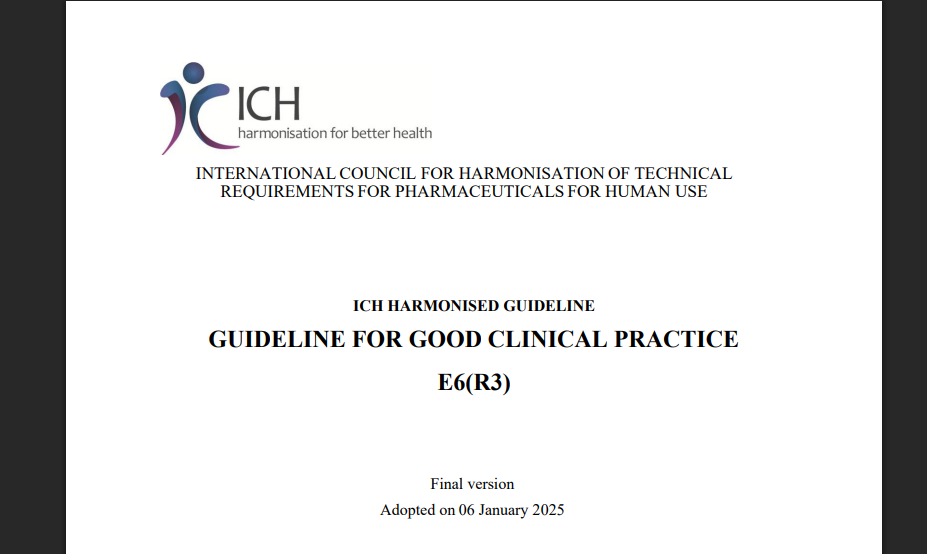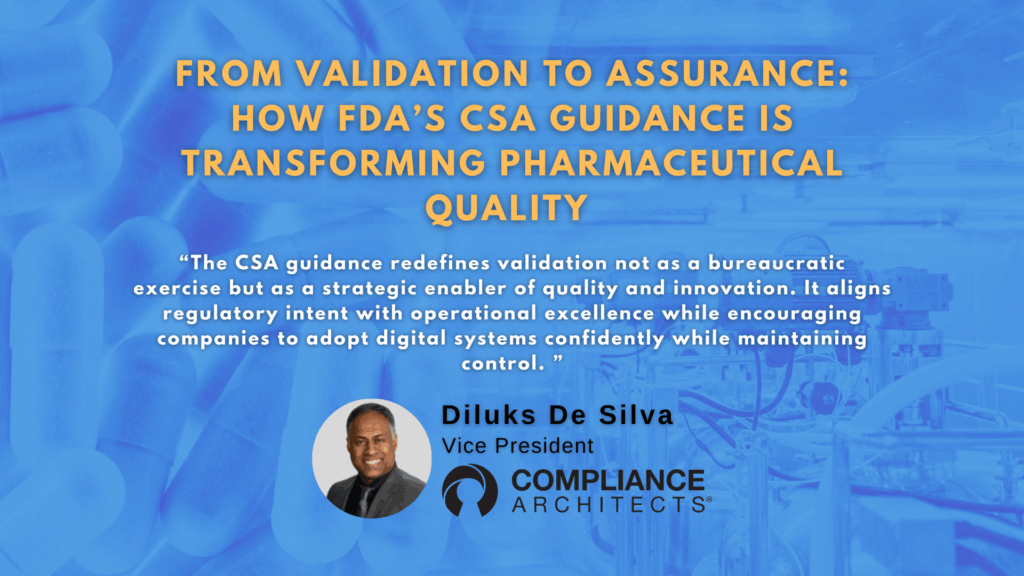In May 2023, the International Council for Harmonization (ICH) released the Step 2 draft of ICH E6(R3) for public consultation. This transformative update marks a significant milestone in the evolution of Good Clinical Practice (GCP).
On May 22, 2024, the ICH announced the final Step 5 version of ICH E6(R3), a transformational update to the Good Clinical Practice (GCP) guidelines.
This revision is not just a modernization but a paradigm shift in how clinical trials are designed, conducted, and overseen in a globally harmonized regulatory environment. On January 6, 2025, ICH E6(R3) was issued. THE ICH E6 (R3) effective date is July 23, 2025.
While ICH E6(R2) brought much-needed enhancements in 2016, the (R3) revision is reimagining the future of clinical trials in a landscape increasingly shaped by digital innovation, decentralized models, and public health challenges.
Table of Contents
Why This Matters: The ICH E6(R3) Vision

The E6(R3) guideline isn’t just an update; it’s a structural renovation. It introduces a modular framework with principles and annexes allowing agility, scalability, and ongoing updates in response to future innovation.
It reflects a clear shift in regulatory thinking: from a one-size-fits-all model to a risk-proportional, quality-centric approach.
A Modern GCP Framework for a Modern World
ICH E6(R3) introduces a modular and principles-based structure that enables scalability across trial types and evolving methodologies. It addresses the increasing complexity of global studies, the use of digital technologies, and the imperative to put participants at the center of research.
This final version confirms the shift from compliance-driven oversight to risk-proportionate, quality-focused trial governance.
Key Highlights of ICH E6(R3)
1. Quality by Design (QbD) Takes Center Stage
- Sponsors and investigators are now expected to design trials around critical-to-quality (CTQ) factors.
- The emphasis is on proactive risk assessment and data reliability, not just box-checking compliance.
2. Embracing Innovation and Technology
- The guideline enables the use of Digital Health Technologies (DHTs), remote data capture, and decentralized trial designs.
- Clarifies expectations around computerized systems, data governance, and metadata integrity.
3. Participant-Centric and Ethical
- Expands and clarifies informed consent requirements, including remote and multimedia formats.
- Encourages broader inclusivity while safeguarding vulnerable populations.
4. Modernized Roles and Oversight
- Greater clarity around sponsor and investigator responsibilities, delegation, and oversight of service providers.
- Establishes expectations for centralized and risk-based monitoring strategies.
5. New Structure with Practical Annexes
- Annex 1 now includes deep dives into the responsibilities of IRB/IEC, investigator, sponsor, and data governance.
- New Appendices A–C standardize essential documents, protocol design, and investigator brochures.
Where Are We Headed?
The modernized framework encourages flexibility without compromising integrity and aims to keep pace with the evolving clinical landscape shaped by patient expectations, real-world data, and global collaboration.
What This Means for Sponsors, CROs, and Investigators
The final E6(R3) guidance positions regulatory authorities, sponsors, and investigators to:
- Shift from volume-based to value-based documentation.
- Reassess legacy SOPs and quality systems.
- Integrate flexible tools (e.g., eConsent, ePROs, remote assessments) responsibly and effectively.
- Train teams to think critically about risk and quality, not just follow procedure.
Our Takeaway at Compliance Architects
We see ICH E6(R3) as a call to elevate, not complicate, clinical quality systems. It’s a pivotal opportunity for organizations to rethink their trial governance models, adopt fit-for-purpose processes, and invest in meaningful quality culture shifts.
As the industry digests and adapts to this significant change, we can help you interpret, implement, and thrive under this new framework.
Let’s Get Ready Together!
If you’re reassessing your SOPs, planning a mock FDA BIMO or other global health authority inspection, or wondering how ICH E6(R3) impacts your trial portfolio, our experts are here to help.
We’ve got you covered from gap assessments to training to protocol risk reviews.
You can contact us to learn more about ICH E6(R3) and what it means for your organization using the contact form below.





